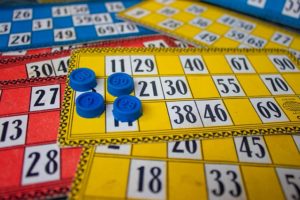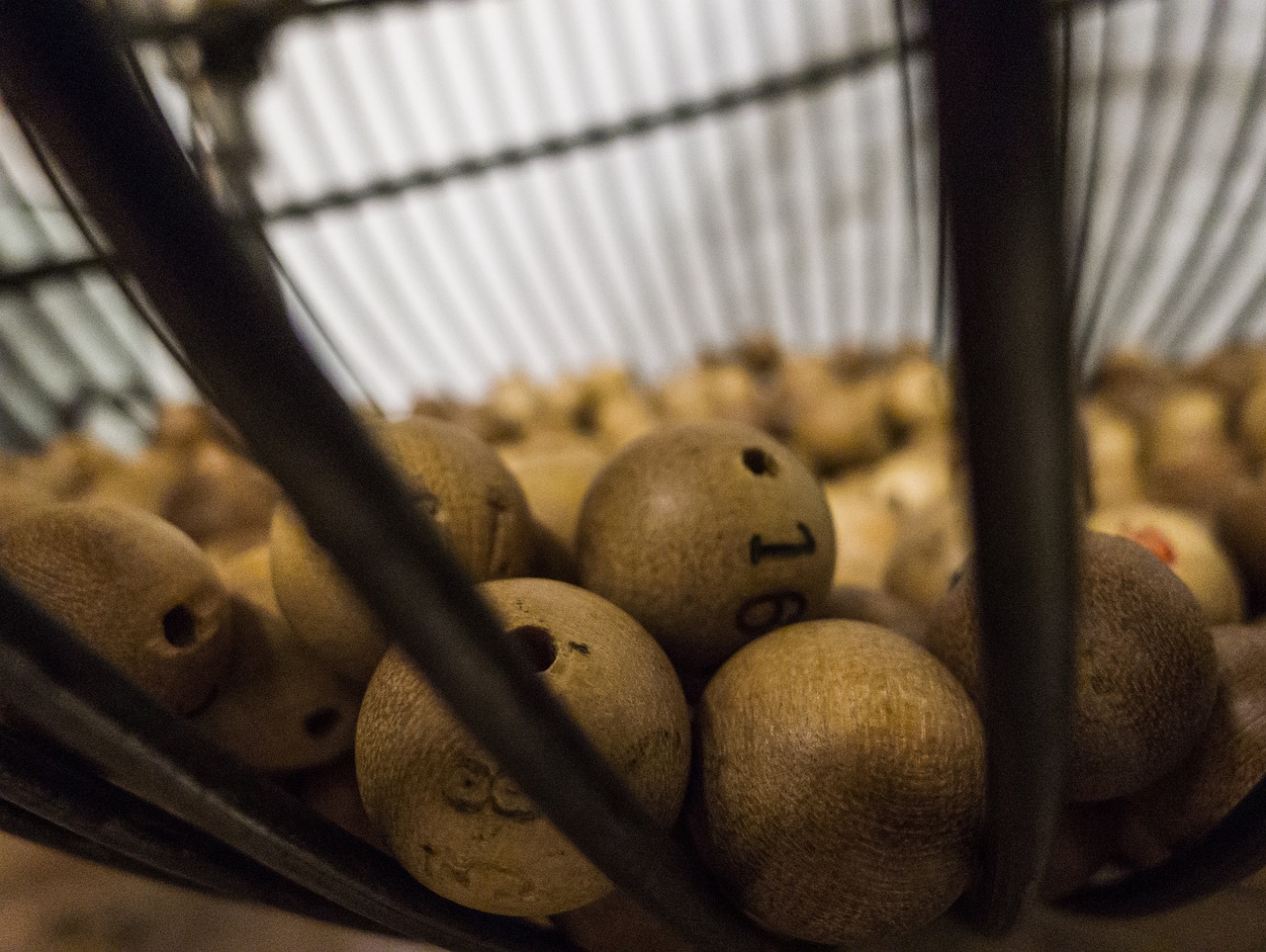If you’re looking to improve your chances of winning bingo games, look no further than Granville’s theory. In the latest bingo tips, this mathematical principle can help you pick the best numbers to play and give you a better chance of taking home the jackpot. But what is this theory? Does it improve our winning odds in bingo games? This article will discuss how Granville’s theory works and how you can use it to your advantage when playing bingo. So put on your thinking caps, and let’s get started.
Overview of Granville’s Theory
 Granville’s theory is a mathematical principle that can be applied to bingo games. The basic idea behind the theory is that specific numbers are more likely to be drawn than others. By understanding which numbers are more likely to be drawn, you can choose numbers that give you a better chance of winning. Granville’s theory is based on the idea of probability. Probability is the chance that something will happen. For example, the probability of flipping a coin and landing on heads is 50%. If you flip a coin 100 times, you would expect it to land on heads 50 times. You can apply this same principle to bingo games.
Granville’s theory is a mathematical principle that can be applied to bingo games. The basic idea behind the theory is that specific numbers are more likely to be drawn than others. By understanding which numbers are more likely to be drawn, you can choose numbers that give you a better chance of winning. Granville’s theory is based on the idea of probability. Probability is the chance that something will happen. For example, the probability of flipping a coin and landing on heads is 50%. If you flip a coin 100 times, you would expect it to land on heads 50 times. You can apply this same principle to bingo games.
The Mechanism of Granville’s Theory
But how does it work? How can we make sense of this theory? Let’s look at an example. Suppose we have a bingo game with 75 balls. The numbers on the balls range from one to 75. If we were to select a ball randomly, what is the probability that it would be a number ending in five? We can use Granville’s theory to figure this out. Granville’s theory states that the probability of a number ending in five is 31.58%. It means that if we randomly select a ball from the 75 balls, there is a 31.58% chance that it will be a number ending in five.
The Pros and Cons of Granville’s Theory in Bingo Games
With all the talk of probability, you might be wondering if Granville’s theory can help you win bingo games. The answer is yes and no. On the one hand, Granville’s theory can help you pick numbers more likely to be drawn. This gives you a better chance of winning bingo games. On the other hand, the theory is not foolproof. Just because a number is more likely to be drawn does not mean it will be drawn. There is always a chance that any number could be drawn. So what’s the takeaway? Granville’s theory is a mathematical principle that can be applied to bingo games. The theory can help you pick numbers that are more likely to be drawn, but it is not foolproof. Ultimately, it is up to you to decide whether or not you want to use Granville’s theory in your bingo games

